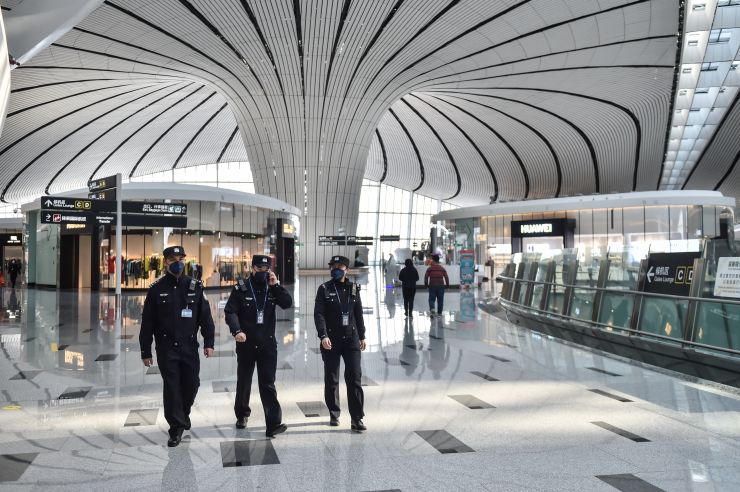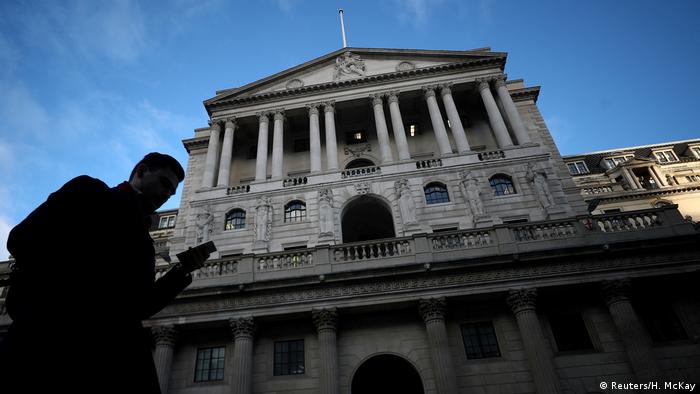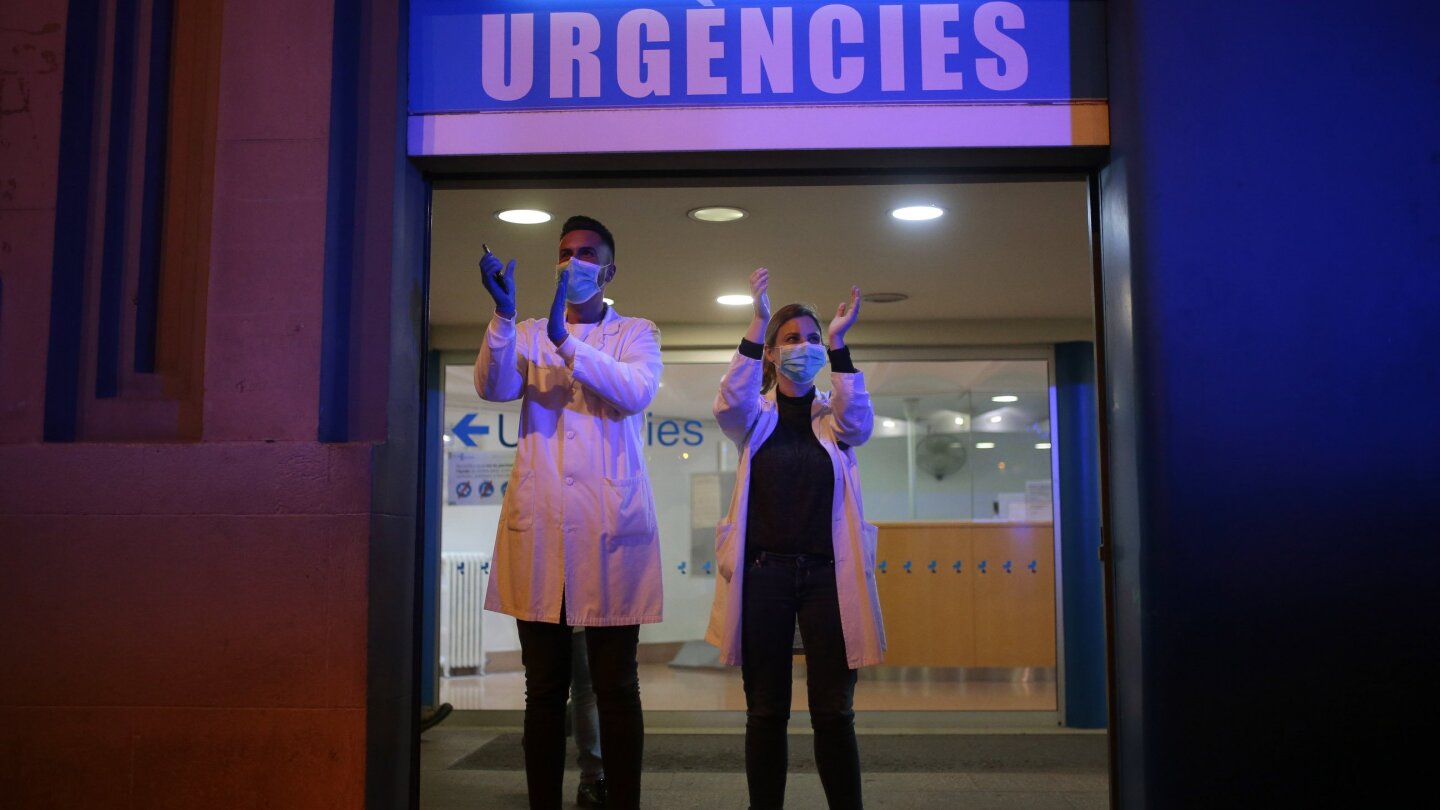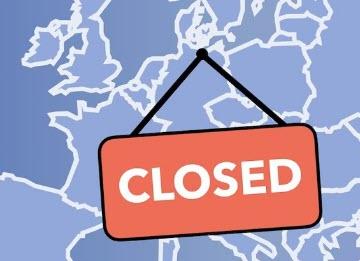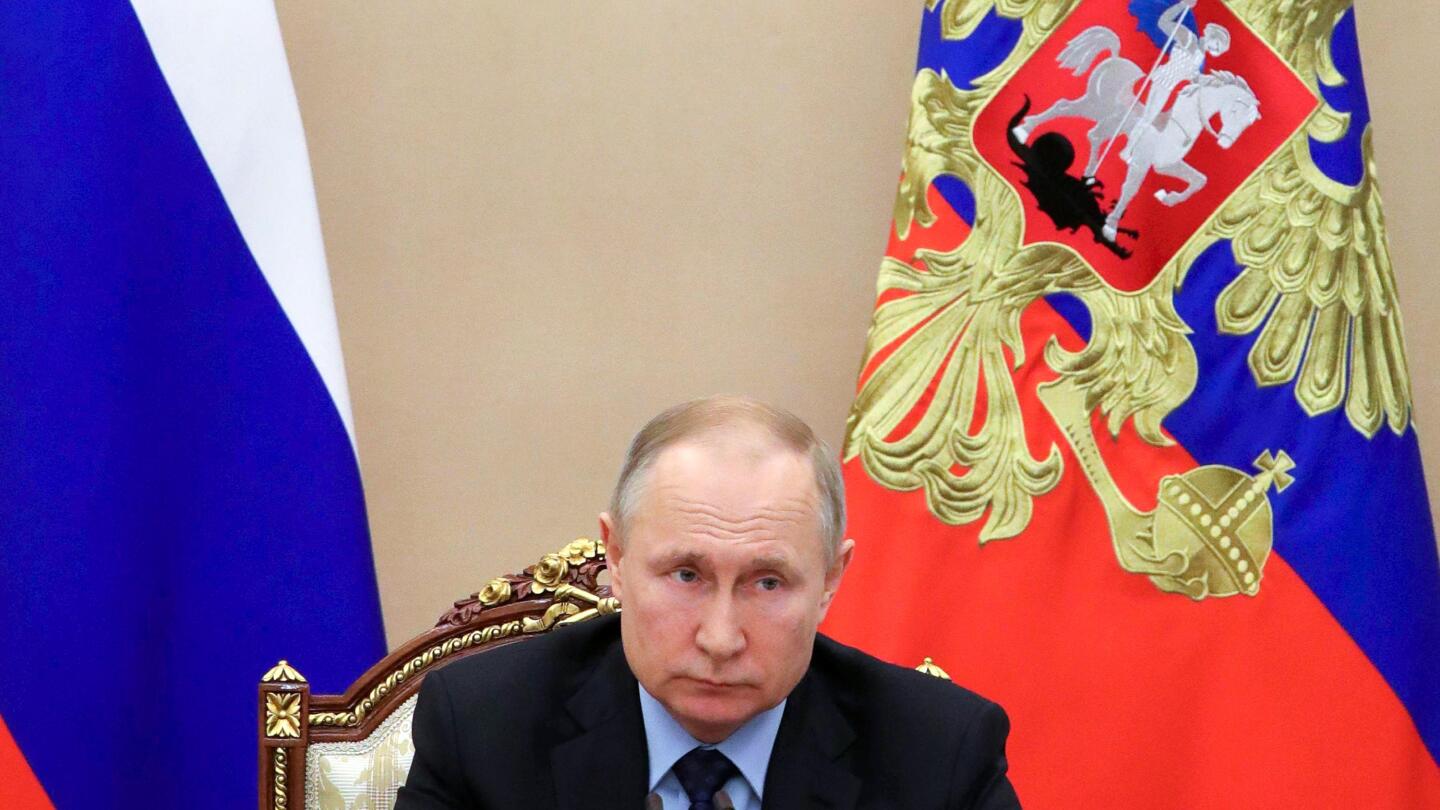Plain Jane
Just Plain Jane
February 2020's thread is here:
 xf.timebomb2000.com
xf.timebomb2000.com
Conflict in the Eastern and Southern Mediterranean impact several European countries. Ongoing thread about that is here:
 xf.timebomb2000.com
xf.timebomb2000.com

 www.reuters.com
www.reuters.com
NEWS
MARCH 1, 2020 / 5:24 AM / UPDATED AN HOUR AGO
Greek PM calls national security council meeting over migrant crisis
ATHENS (Reuters) - Greek Prime Minister Kyriakos Mitsotakis called a meeting of the country’s national security council for early Sunday evening as migrants headed to the Greek borders after Turkey relaxed restrictions.
Reporting By Michele Kambas
Our Standards:The Thomson Reuters Trust Principles.

 www.reuters.com
www.reuters.com
NEWS
MARCH 1, 2020 / 2:22 AM / UPDATED AN HOUR AGO
Migrants flock to Greece as Turkey opens floodgates
Lefteris Papadimas, Alkis Konstantinidis
5 MIN READ
KASTANIES/LESBOS, Greece (Reuters) - Hundreds of migrants headed through permeable borders to Greece from Turkey on Sunday as thousands more gathered on the Turkish side seeking entry after Ankara relaxed curbs on their movement.
At least 500 people had arrived by sea on three Greek islands close to the Turkish coast within a few hours on Sunday morning. Seven boatloads reached Lesbos with more than 300 on board, four arrived on Samos with 150 and two on Chios with a combined total of 70-80 people, a police official said.
On the mainland further north, groups waded across a river to the Greek side at Kastanies. Reuters reporters saw groups of up to 30 people, including an Afghan mother with a five-day old infant, on the side of a road, having crossed the river hours earlier.
Turkey said on Thursday it would no longer restrain hundreds of thousands of asylum seekers in its territory from reaching Europe despite an agreement to do so reached with the EU in 2016. Its announcement triggered an almost instant rush to the borders it shares with European Union member Greece.
Turkey’s turnabout came after an air strike killed 33 Turkish soldiers in neighboring northwest Syria where Ankara has deployed forces to help secure its border against a new influx of refugees from the Syrian civil war.
Turkey has said funds promised by the EU to help it deal with 3.7 million Syrian refugees already in the country has been slow to arrive; Ankara had threatened several times in the past to open the floodgates if it did not receive more support.
Tensions rose at Kastanies, on northeast Greece’s mainland border with Turkey, on Saturday after riot police used tear gas to repel hundreds of migrants on the Turkish side seeking entry.
A Greek government source put the number of people gathered on the border on Sunday at 3,000, while the International Organization for Migration estimated the number at 13,000.
STONE-THROWING ALONG TENSE BORDER
Some migrants threw stones and metal bars toward the Greek side as well as hand-held tear gas canisters, the Greek government source said. Journalists were kept one kilometer (mile) back from the Greek border crossing.
“Yesterday there were 9,600 attempts to violate our borders, and all were dealt with successfully,” deputy defense minister Alkiviadis Stefanis told Greece’s Skai TV.
Greece has said there was an orchestrated attempt on its borders, and has accused Turkey of actively guiding migrants.
“Not only are they not stopping them, but they are helping them,” Stefanis told Skai.
The European Union said it was supporting Greece and its neighbor Bulgaria, which also has a border with Turkey - in protecting the 27-nation bloc’s outer frontiers.
It also gave condolences to Turkey over the deadly air strike and said it was ready to step up humanitarian support.
No migrants had so far tried to cross into Bulgaria from Turkey, but tensions were escalating at Turkish-Greek crossing points “very close” to Bulgarian territory, therefore Sofia had bolstered its own frontier patrols against any illegal entry, Defense Minister Krasimir Karakachanov told national radio.
Greece was the main gateway for hundreds of thousands of asylum seekers into Europe in 2015 and 2016. There are already more than 40,000 migrants on the Aegean islands, living in severely overcrowded camps and filthy conditions.
Last week, clashes broke out on Lesbos between riot police and locals protesting over a plan to create closed detention centers to house the migrant population. Locals say the islands are suffering a disproportionate burden.
Greece has vowed to prevent another mass influx of migrants. “This country is not a free-for-all,” Migration Minister Notis Mittarachi told Greece’s Ant1 TV.
Reuters witnesses saw small groups of people making their way across fields outside the Greek town of Orestiada, close to the mainland frontier, over the weekend. Four young Afghans, looking exhausted, sat around a small campfire.
Further along, Najibe Rezayi, 26, also from Afghanistan, cradled her seven-month daughter in her arms. “We want a place to stay, food, warmth,” she said through an interpreter as they walked through mist in frost-covered fields.
Greek police and the army have been arresting people who attempt to cross into the country. “They are all Afghans, no Syrians,” one army officer said. “Are these the Syrians (Turkish President Tayyip) Erdogan was talking about?”
Reporting by Alkis Konstantinidis on Lesbos, Lefteris Papadimas in Kastanies, Renee Maltezou in Athens; Ali Kucukgocmen in Turkey and Tsvetelia Tsolova in Bulgaria; Writing by Michele Kambas; Editing by Mark Heinrich
Our Standards:The Thomson Reuters Trust Principles.
INTL - Europe: Politics, Economics, and Military- February 2020
January's thread is here: http://xf.timebomb2000.com/xf/index.php?threads/europe-politics-economics-and-military-january-2020.566036/ https://www.reuters.com/article/us-britain-eu-reaction/joy-and-sadness-how-the-world-is-reacting-on-brexit-day-idUSKBN1ZU0YZ NEWS JANUARY 31, 2020 / 4:11 AM /...
Conflict in the Eastern and Southern Mediterranean impact several European countries. Ongoing thread about that is here:
WAR - REGIONAL CONFLICT BREWING IN THE Mediterranean
View: https://twitter.com/EndGameWW3/status/1206980485685092354

Greek PM calls national security council meeting over migrant crisis
Greek Prime Minister Kyriakos Mitsotakis called a meeting of the country's national security council for early Sunday evening as migrants headed to the Greek borders after Turkey relaxed restrictions.
NEWS
MARCH 1, 2020 / 5:24 AM / UPDATED AN HOUR AGO
Greek PM calls national security council meeting over migrant crisis
ATHENS (Reuters) - Greek Prime Minister Kyriakos Mitsotakis called a meeting of the country’s national security council for early Sunday evening as migrants headed to the Greek borders after Turkey relaxed restrictions.
Reporting By Michele Kambas
Our Standards:The Thomson Reuters Trust Principles.

Migrants clash with Greek police at border after Turkey opens floodgates
Greek police fired tear gas to repel hundreds of stone-throwing migrants who tried to force their way across the border from Turkey on Sunday, with thousands more behind them after Ankara relaxed curbs on their movement.
NEWS
MARCH 1, 2020 / 2:22 AM / UPDATED AN HOUR AGO
Migrants flock to Greece as Turkey opens floodgates
Lefteris Papadimas, Alkis Konstantinidis
5 MIN READ
KASTANIES/LESBOS, Greece (Reuters) - Hundreds of migrants headed through permeable borders to Greece from Turkey on Sunday as thousands more gathered on the Turkish side seeking entry after Ankara relaxed curbs on their movement.
At least 500 people had arrived by sea on three Greek islands close to the Turkish coast within a few hours on Sunday morning. Seven boatloads reached Lesbos with more than 300 on board, four arrived on Samos with 150 and two on Chios with a combined total of 70-80 people, a police official said.
On the mainland further north, groups waded across a river to the Greek side at Kastanies. Reuters reporters saw groups of up to 30 people, including an Afghan mother with a five-day old infant, on the side of a road, having crossed the river hours earlier.
Turkey said on Thursday it would no longer restrain hundreds of thousands of asylum seekers in its territory from reaching Europe despite an agreement to do so reached with the EU in 2016. Its announcement triggered an almost instant rush to the borders it shares with European Union member Greece.
Turkey’s turnabout came after an air strike killed 33 Turkish soldiers in neighboring northwest Syria where Ankara has deployed forces to help secure its border against a new influx of refugees from the Syrian civil war.
Turkey has said funds promised by the EU to help it deal with 3.7 million Syrian refugees already in the country has been slow to arrive; Ankara had threatened several times in the past to open the floodgates if it did not receive more support.
Tensions rose at Kastanies, on northeast Greece’s mainland border with Turkey, on Saturday after riot police used tear gas to repel hundreds of migrants on the Turkish side seeking entry.
A Greek government source put the number of people gathered on the border on Sunday at 3,000, while the International Organization for Migration estimated the number at 13,000.
STONE-THROWING ALONG TENSE BORDER
Some migrants threw stones and metal bars toward the Greek side as well as hand-held tear gas canisters, the Greek government source said. Journalists were kept one kilometer (mile) back from the Greek border crossing.
“Yesterday there were 9,600 attempts to violate our borders, and all were dealt with successfully,” deputy defense minister Alkiviadis Stefanis told Greece’s Skai TV.
Greece has said there was an orchestrated attempt on its borders, and has accused Turkey of actively guiding migrants.
“Not only are they not stopping them, but they are helping them,” Stefanis told Skai.
The European Union said it was supporting Greece and its neighbor Bulgaria, which also has a border with Turkey - in protecting the 27-nation bloc’s outer frontiers.
It also gave condolences to Turkey over the deadly air strike and said it was ready to step up humanitarian support.
No migrants had so far tried to cross into Bulgaria from Turkey, but tensions were escalating at Turkish-Greek crossing points “very close” to Bulgarian territory, therefore Sofia had bolstered its own frontier patrols against any illegal entry, Defense Minister Krasimir Karakachanov told national radio.
Greece was the main gateway for hundreds of thousands of asylum seekers into Europe in 2015 and 2016. There are already more than 40,000 migrants on the Aegean islands, living in severely overcrowded camps and filthy conditions.
Last week, clashes broke out on Lesbos between riot police and locals protesting over a plan to create closed detention centers to house the migrant population. Locals say the islands are suffering a disproportionate burden.
Greece has vowed to prevent another mass influx of migrants. “This country is not a free-for-all,” Migration Minister Notis Mittarachi told Greece’s Ant1 TV.
Reuters witnesses saw small groups of people making their way across fields outside the Greek town of Orestiada, close to the mainland frontier, over the weekend. Four young Afghans, looking exhausted, sat around a small campfire.
Further along, Najibe Rezayi, 26, also from Afghanistan, cradled her seven-month daughter in her arms. “We want a place to stay, food, warmth,” she said through an interpreter as they walked through mist in frost-covered fields.
Greek police and the army have been arresting people who attempt to cross into the country. “They are all Afghans, no Syrians,” one army officer said. “Are these the Syrians (Turkish President Tayyip) Erdogan was talking about?”
Reporting by Alkis Konstantinidis on Lesbos, Lefteris Papadimas in Kastanies, Renee Maltezou in Athens; Ali Kucukgocmen in Turkey and Tsvetelia Tsolova in Bulgaria; Writing by Michele Kambas; Editing by Mark Heinrich
Our Standards:The Thomson Reuters Trust Principles.

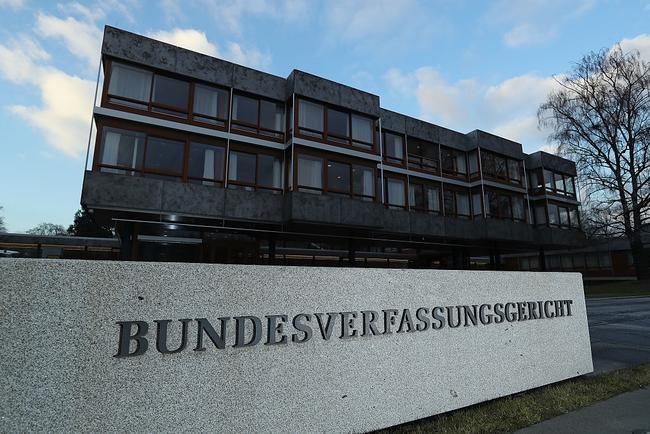



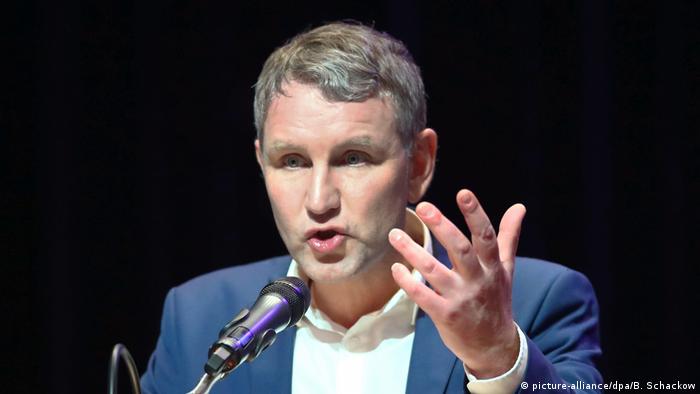

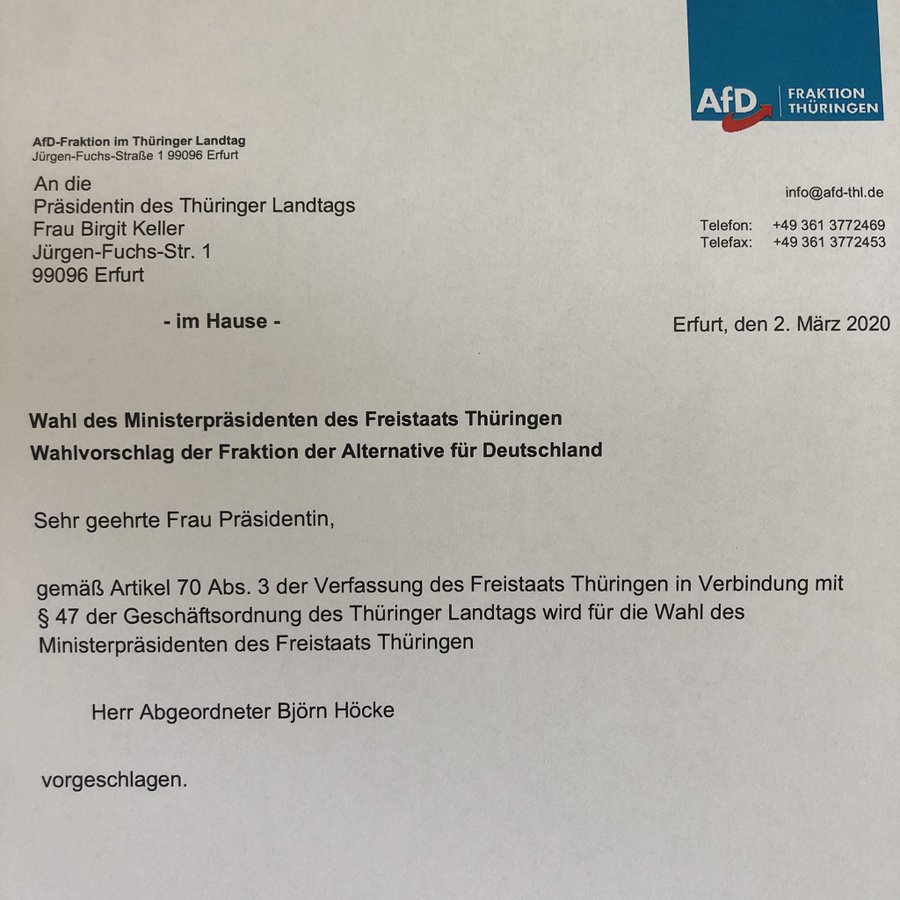

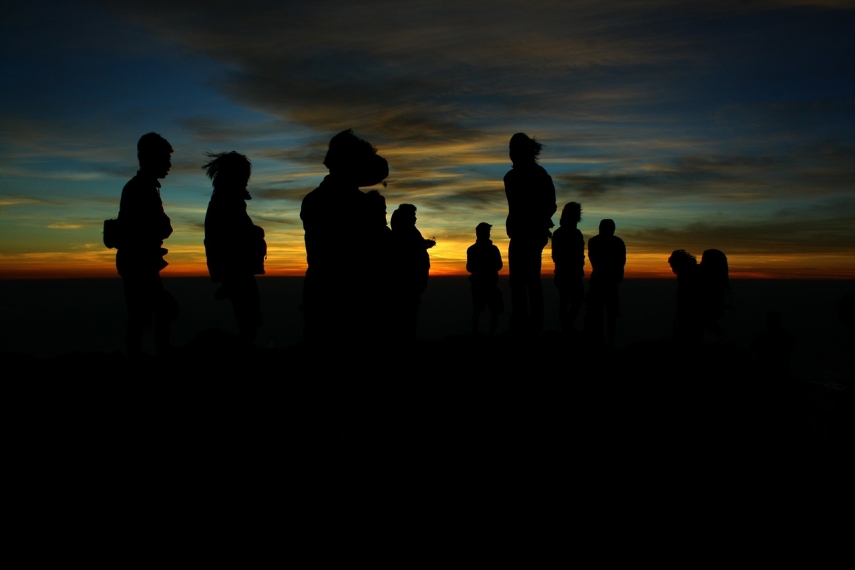


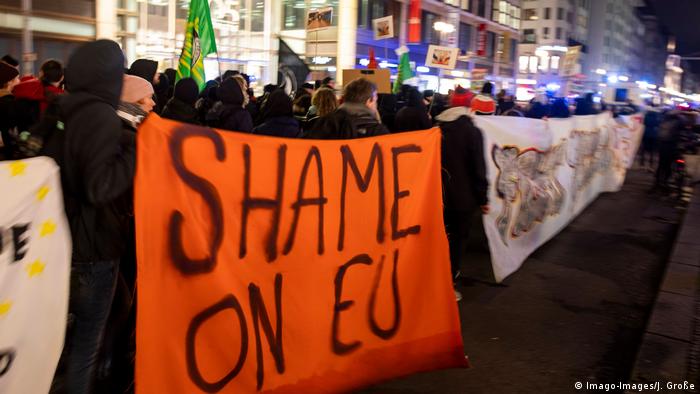


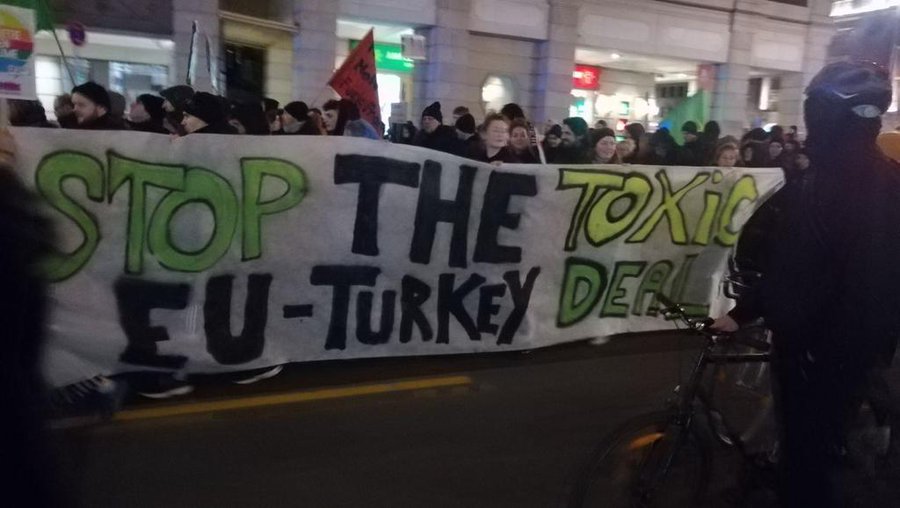

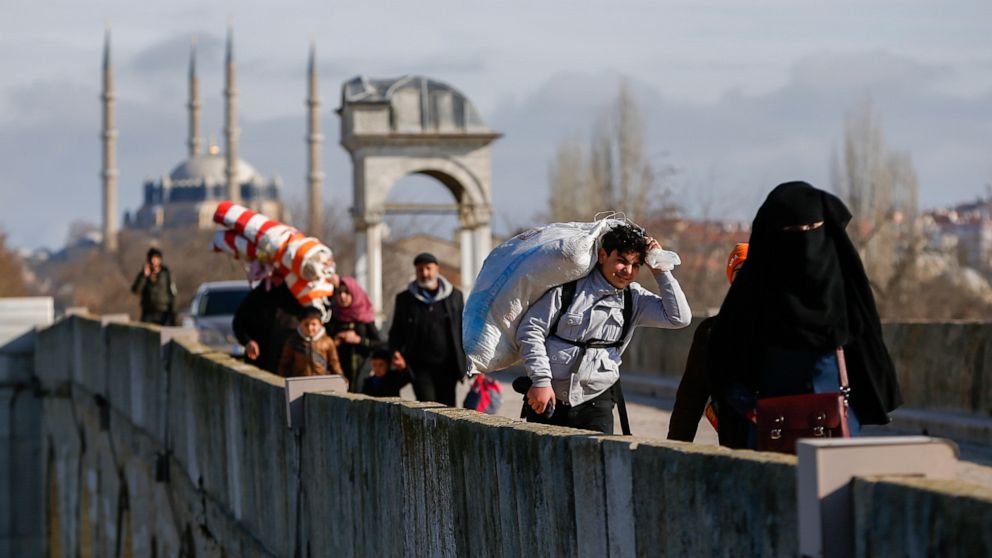

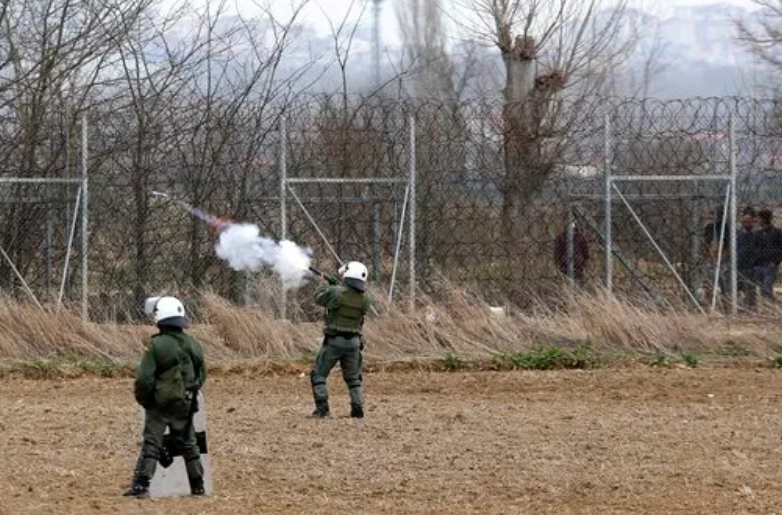 Greek riot police stand guard as migrants try to enter Greece from Turkey, via AP.
Greek riot police stand guard as migrants try to enter Greece from Turkey, via AP.
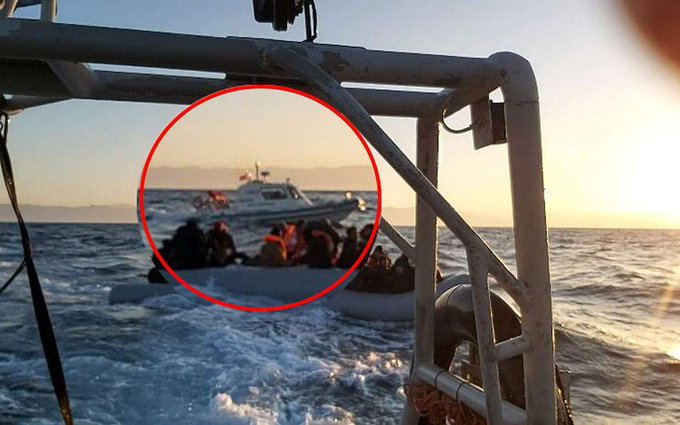

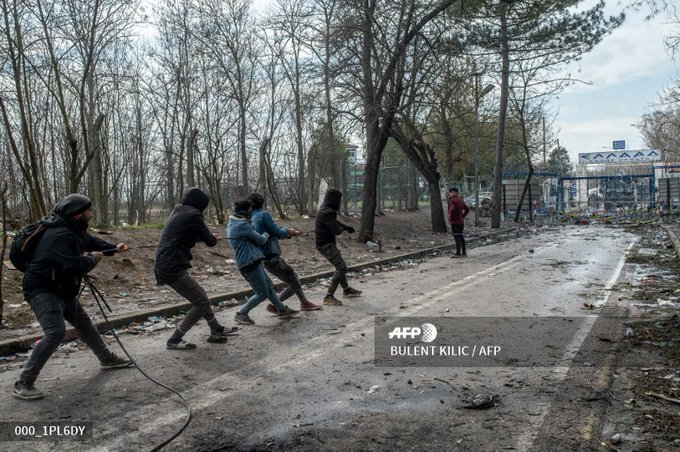


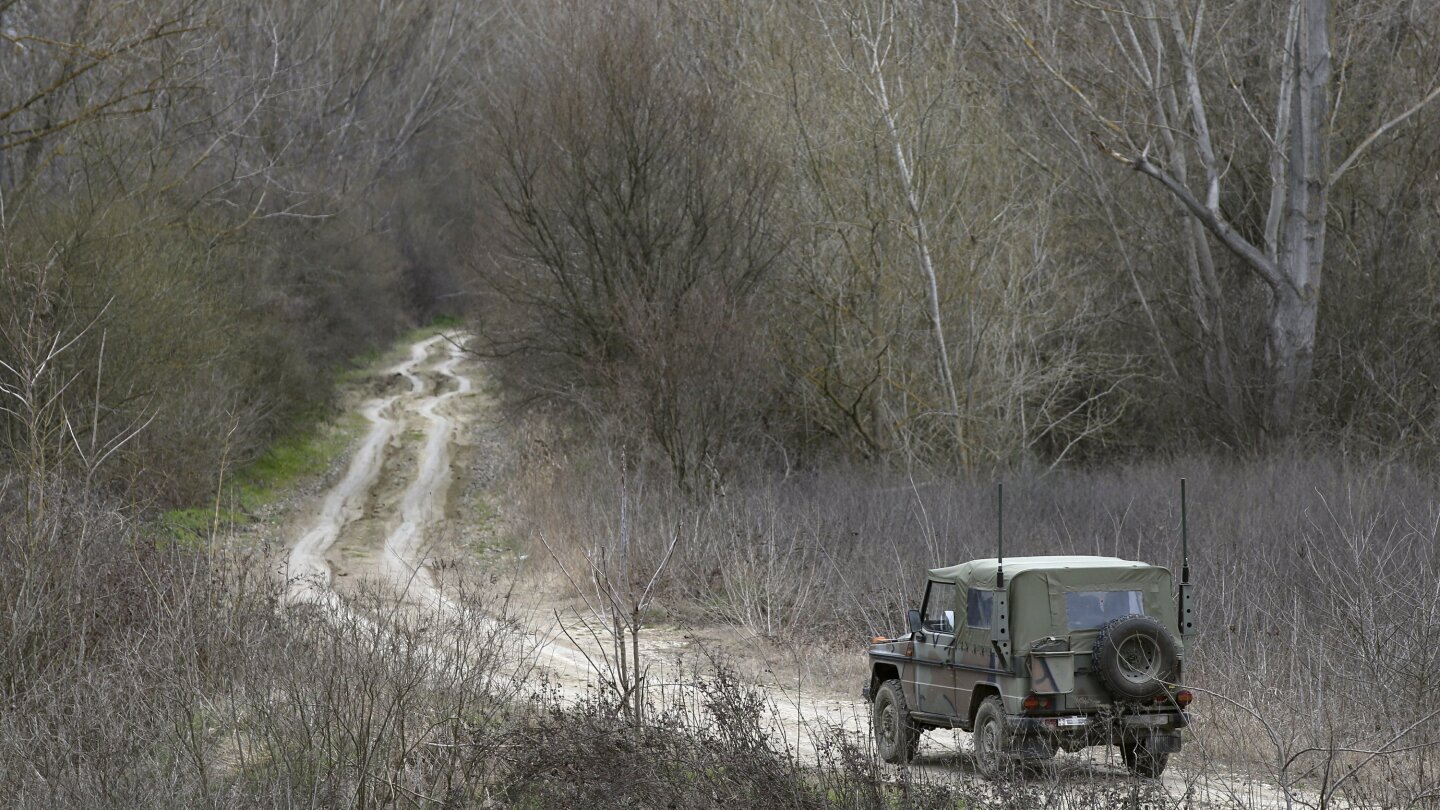

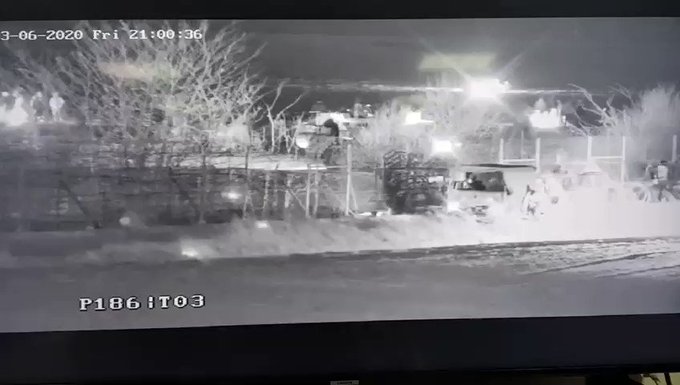

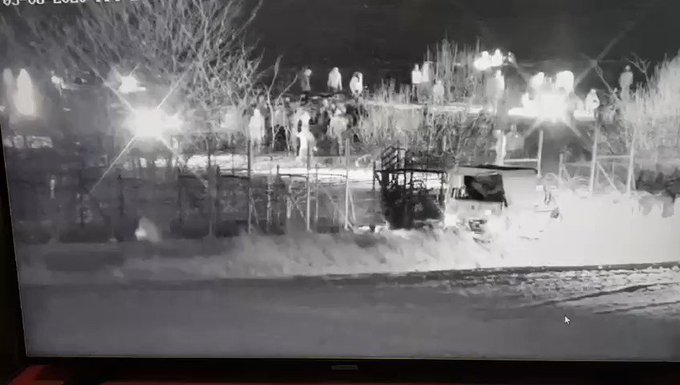

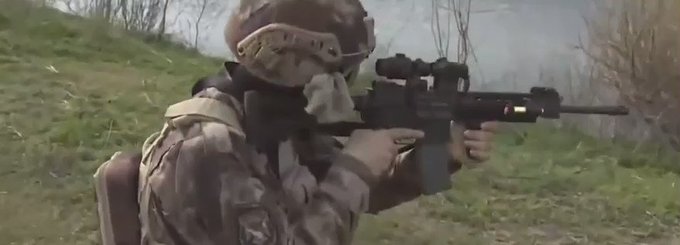

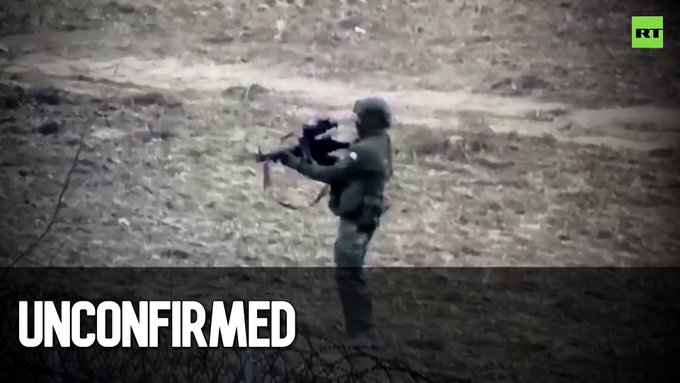
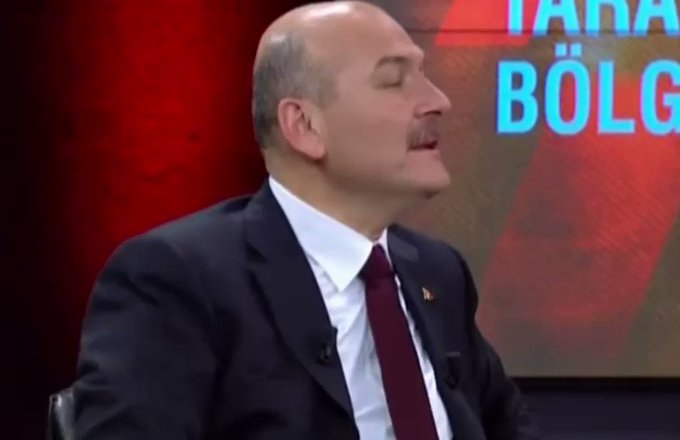

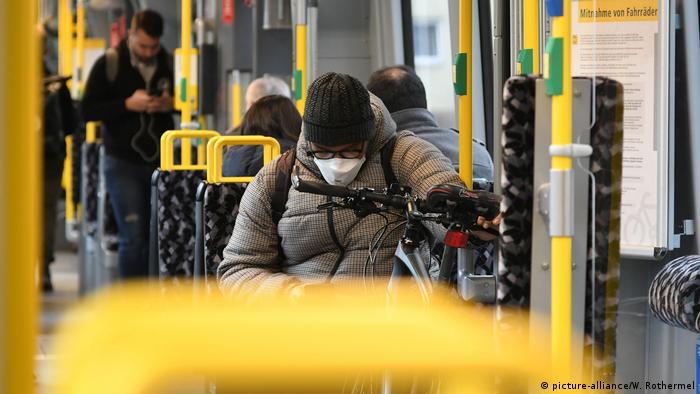




 Facebook Watch @FacebookWatch
Facebook Watch @FacebookWatch

